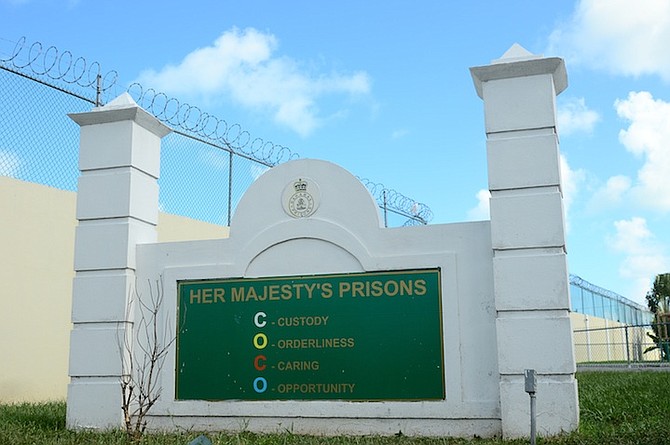
By Jerry Roker
for Bahamas Press
Many are of the view that for at least the past ten years, The Bahamas has been in urgent need of a new prison. There is no point at this stage for anyone to lecture the public about crime and criminality or prison reform when they continue to ignore the urgency of building a new prison to accommodate the increasing number of inmates.
Truth be told, the country is in need of two state-of-the-art prisons – one for men, and one for women. The living conditions at the existing facilities have been described as deplorable.
Several recommendations to build a new prison have gone unheeded by successive governments. It now appears likely that before a new prison is built in The Bahamas, the sky will probably fall and there will be no need for a new prison anymore.
The harsh conditions under which the inmates are forced to live have turned many into hardcore criminals. Some ex-convicts have admitted that they have become hardened criminals by being incarcerated in an overcrowded prison. The Fox Hill prison was built to accommodate fewer than half of its present inmates.
While there has been wide spread acknowledgement of the appalling conditions, governments have not decided to put the costs of building a new prison as a priority. Not only is a new prison needed, but the government must implement serious reforms to make it more humane for prisoners, even though most of the citizens do not have much sympathy for criminals.
Studies have shown that a key element of an effective crime-reduction strategy is a prison system that focuses on reform rather than solely incarceration. Prison reform could help to maintain social stability and enhance human development growth. For this to happen, it would require fundamental changes to the prison system, which is not a priority for the government, or so it seems.
Crime will not be reduced by putting criminals in an environment that makes them worse than when they entered. Many in the wider public believe that prisons tend to create hardcore criminals, but it should be compulsory for inmates to participate in rehabilitative programmes before being released from prison. Included in the programmes to help prisoners fit into society upon their release should be life training skills, job training, entrepreneurship, goal setting, conflict resolution, anger management and education.
Providing a safe prison environment and proper health care to all prisoners should be a priority for the ruling authority. Incarceration should not only be to deny prisoners of their freedom or restrict their movement, it should also afford them the opportunity to study, work or learn a trade in order to make it easier for them to re-adjust when released.
Incarceration should not mean prisoners are absolved from taking care of their children either. The prison authorities should allow them to work so that they can take care of their children and thus free the state from granting public assistance to their children. Incarceration should not be only about retribution and revenge, but to help those who have transgressed to change and to accept societal norms and values.
Building a new prison with modern, high-tech crime-fighting equipment and the rehabilitation of prisoners to make them productive are very important. Criminals spend years behind bars being unproductive.
Able-bodied men and women, even though confined, can still make meaningful contributions to society. They should be given a chance at redemption to demonstrate to their fellow citizens that they have changed.







